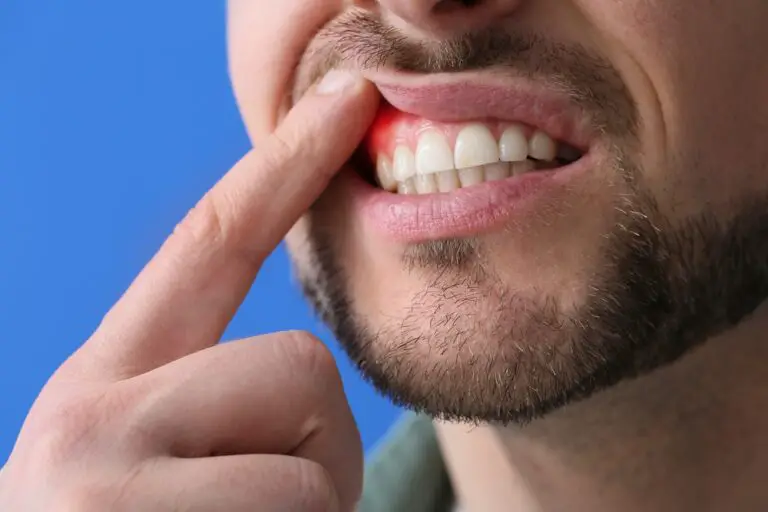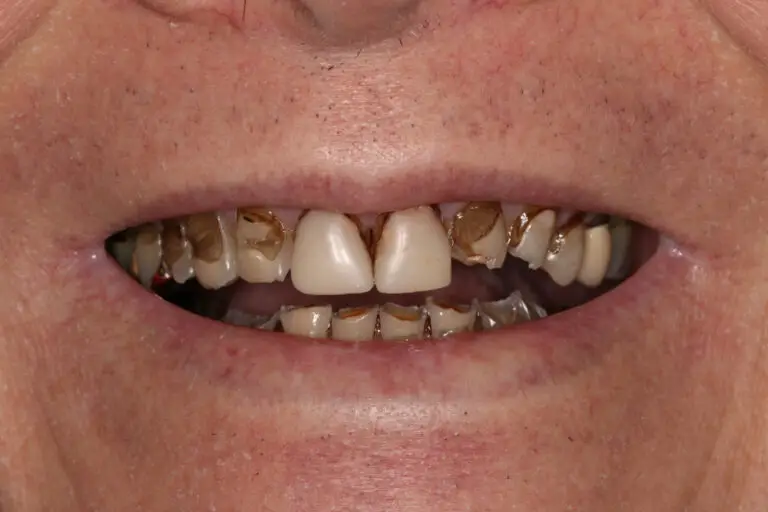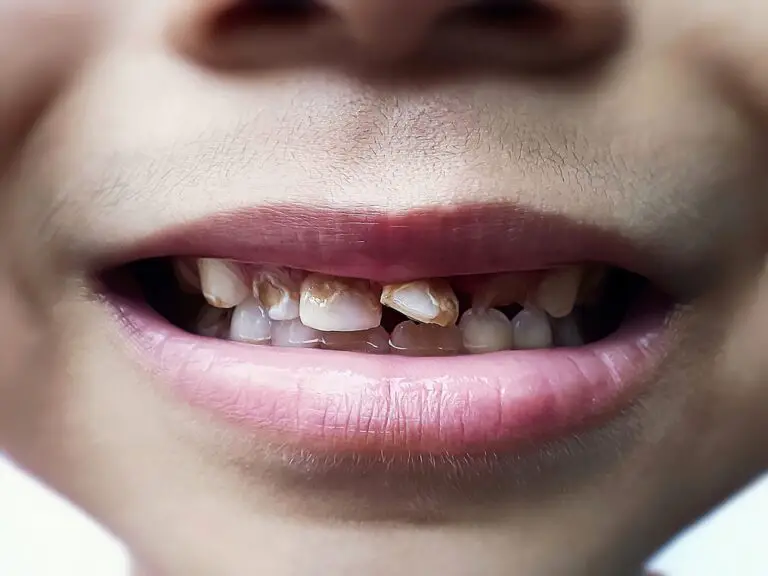Are you between the age of 17 to 25 and anxiously waiting for the famous set of wisdom teeth to erupt from your gum line? Each day, you use a mirror to glance at the back of your gums, waiting for the first signs of white teeth emerging from your gums but no show.
If this is you, you may have questions along the lines of; Why don’t I have wisdom teeth yet? Or does everyone have wisdom teeth?
While worrying about not getting your wisdom teeth is normal, there is nothing to fear. Not everyone will get wisdom teeth in their lifetime due to genetics. However, if you haven’t gotten your wisdom teeth, they may be impacted or dormant. It is also possible that you just do not have wisdom teeth, which is normal.
In this piece, we help you understand why you might now have wisdom teeth.
Why Haven’t My Wisdom Teeth Come in Yet?
In the dental world, wisdom teeth are called the third set of molars. They are usually the last set of teeth at the back of your mouth, after your premolars and molars.
These third molars often come in around the cusp of adulthood, which is why they are called wisdom teeth. However, no scientific evidence suggests these teeth add any form of knowledge to people.
So, you have nothing to fear. If your wisdom teeth haven’t grown out yet, it does not mean you will not be as smart as those who have them. Lack of wisdom teeth can be due to several reasons, which are explained below.
1. Impacted Wisdom Teeth
Your wisdom teeth are absent because they are trying to erupt but don’t have enough space to do so. The American Dental Association further clarifies that wisdom teeth can get fully or partially stuck in the jaw when they become impacted and may lead to overcrowding.
Third molars may also erupt in an odd angle or weird position in your jaw, causing pain and other dental complications. Most of the time impacted third molars must be extracted to avoid infections, gum inflammations, or decay, as this will cause even more pain.
Your oral surgeon will carry out a dental X-Ray to know if your wisdom teeth have been impacted. Usually, if the teeth have to be extracted, your dentist will do so using a traditional extraction method or a minimally invasive procedure.
2. Dormant Wisdom Teeth
Another reason why your wisdom teeth are not erupting may be because they are present but dormant in your jawbone. Dormant third molars that are not causing any pain, swelling, or infections are usually left alone.
There is also a possibility that these dormant wisdom teeth will erupt much later into adulthood. Some sources say that older adults have experienced extremely late eruptions, even in their 40s or 50s. However, this is rare.
3. Partial Eruption
Sometimes, your wisdom teeth may have started emerging but got stuck halfway and only partially erupted. Depending on the level of eruption, you might be able to see the white enamel peeking out from your gums, or you may only notice swollen gums.
Whatever the case, partially erupted wisdom teeth must be extracted as they can lead to bacterial infections, stiff jaws, swollen gums, and severe pain. As a result of these partial eruptions, cysts or tumors may also develop, leading to more health complications.
4. Absence of Wisdom Teeth
As mentioned earlier, not everyone was destined to get wisdom teeth. These third molars are scientifically referred to as vestigial structures.
This means they are structures that were once part of the human anatomy, but as we evolved, the need for these structures dwindled. For context, some examples of vestigial structures include tail bones and wisdom teeth.
Over time, the mutation of a gene called MYH16 led to the formation of shorter and smaller jaws in humans, leaving little room for more teeth like wisdom teeth to develop.
Science tells us that our earlier ancestors may have needed wisdom teeth to chew the bulk of their food, which consisted of raw, unprocessed materials, but modern humans have access to more processed food that requires less grinding.
Hence, some adults will not develop wisdom teeth because they are no longer necessary for chewing or grinding (we have our molars for that). This is why when people get their wisdom teeth taken out, it does not affect their ability to chew or grind food. For the most part, they even quickly forget they once had wisdom teeth!
What Should I Do If My Wisdom Teeth Do Not Erupt?
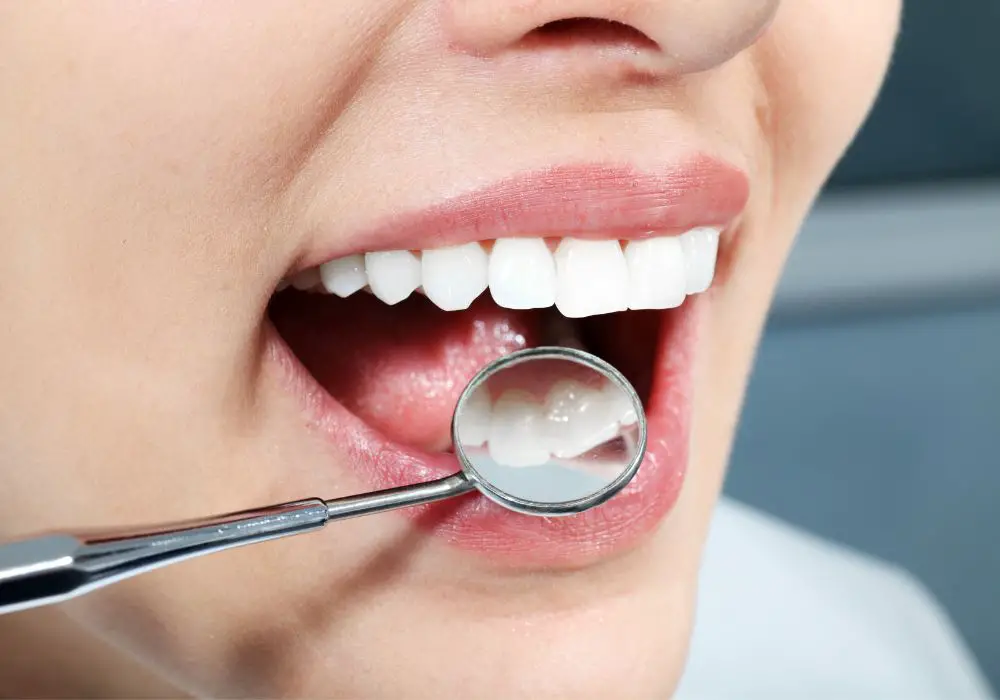
First of all, do not panic. Your unerupted wisdom teeth may be accounted for by the reasons listed above. However, if you’re hitting your mid to late twenties and there are still no signs of eruption, the best action would be to visit the dentist.
Research shows that up to 37% of people worldwide are either missing all of their wisdom teeth or only developed one, two, or three, and not the expected four. Hence, a thorough dental checkup will clarify the reason for your missing third molars.
Once an X-Ray is done, your dentist will confirm if you are among this population or otherwise. If otherwise, your wisdom teeth may eventually emerge, but they might come along with some complications that require immediate medical attention.
What Are Some Wisdom Teeth Complications?
If you’re lucky, you may never develop wisdom teeth and will not risk developing any complications. On the other hand, if your third molars do erupt, here are complications to prepare for.
Some of these wisdom teeth complications include;
1. Severe Toothache
Unlike other adult teeth, wisdom teeth do not grow to replace milk teeth. They grow in empty gum spaces at the back of your mouth.
As they push their way through the gums to the surface, they can cause tooth pain or gum pain due to the pressure the emerging tooth puts on the nerves in your mouth. This pain can start as mild but may develop into severe.
Suppose you experience severe pain at the back of your mouth that makes it difficult to chew or talk, contact your doctor. A licensed dentist will determine if the pain is typical or if you need an extraction.
2. Oral Infections
Regular wisdom teeth eruption does not prevent you from eating and drinking as you normally would. This means there is the possibility of trapping food particles in the gums or teeth around the erupted tooth, which may lead to an infection.
Some signs of oral infections include redness, severe pain, inflamed gums, bad breath, and a foul taste in your mouth. Contact your doctor when you notice these signs to prevent the infection from spreading.
3. Cavities
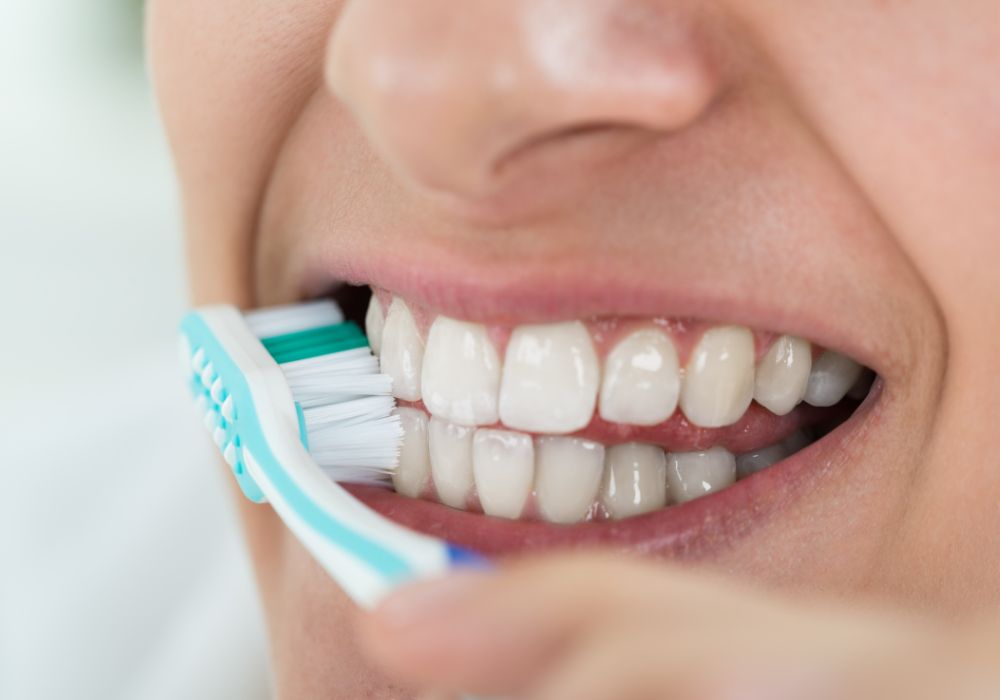
Yes, your emerging third molar can develop cavities even before fully erupting from your gums. Cavities could develop due to trapped pieces of food in the gums surrounding the emerging teeth.
Because of how far back the third molars are, it may be difficult to properly clean and brush them like the rest of your teeth. The lack of proper cleaning may also contribute to the formation of cavities and tooth decay.
4. Misaligned Teeth
If your wisdom teeth start erupting and they don’t have enough jaw space, they may grow out to affect the surrounding teeth. They can cause other teeth to shift out of place and become crooked or misaligned.
The emerging teeth can also cause overcrowding when there isn’t adequate space for them to grow. This can reverse the effects of using braces to straighten your teeth, leading to even more crooked teeth.
The best way to avoid this is by extracting the problematic wisdom teeth, which can only be diagnosed by your doctor.
How Can I Prepare For Wisdom Teeth?
While there isn’t much you can do to slow down or hasten the process of wisdom teeth eruption, you can prepare for them by practicing some oral hygiene routines which will keep your teeth in check and minimize the chances of complications;
- Do not forget to brush twice daily. The key to healthy teeth is constant cleaning, as this removes any leftover food particles that may cause bacterial infections or decay. Use a doctor-approved toothpaste and toothbrush to gently clean your mouth, gums, and tongue.
- Flossing will also help eliminate any additional food particles your toothbrush cannot reach. After flossing, follow up with a dental wash, as this leaves your mouth feeling fresh and clean.
- If your wisdom teeth have started erupting and you feel any form of pain, use a cold compress to minimize swelling and reduce the pain or discomfort you may feel.
- Lastly, regular visits to the dentist are a sure way to diagnose any abnormalities in wisdom teeth formation. Early diagnosis always makes the treatment easier and pain-free.
Conclusion
On a final note, you may not have wisdom teeth due to their complete absence in your jaws or the presence of dormant or impacted third molars.
Wisdom teeth often develop with complications that could lead to cavities, toothache, crooked teeth, and other conditions requiring extraction.
Not everyone will have wisdom teeth, so it’s perfectly normal if you don’t get them. People who do not develop wisdom teeth may even be lucky because they do not have to consider getting them removed at all.

